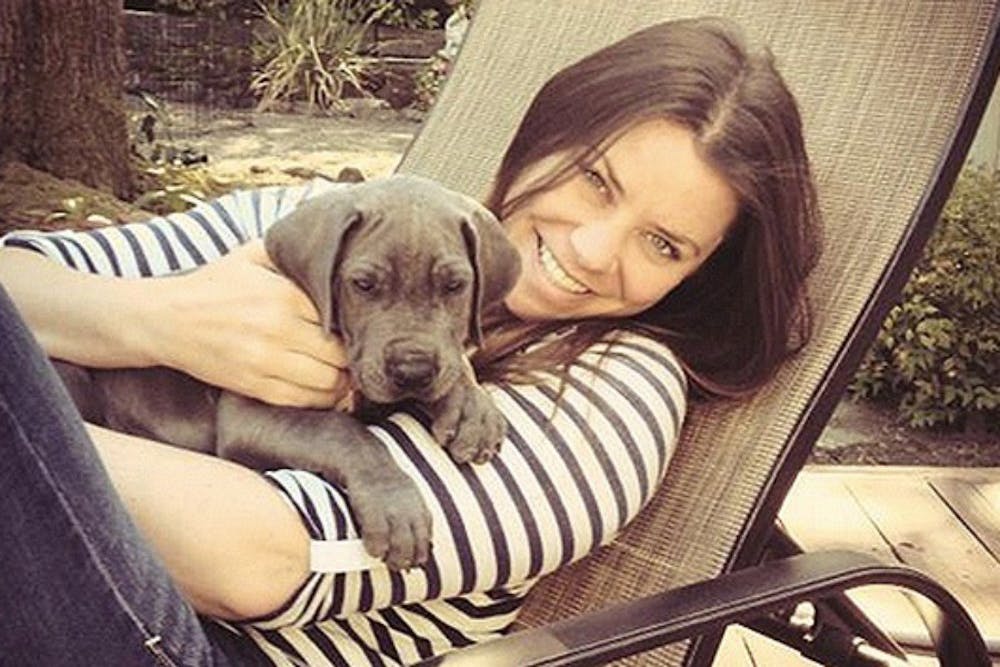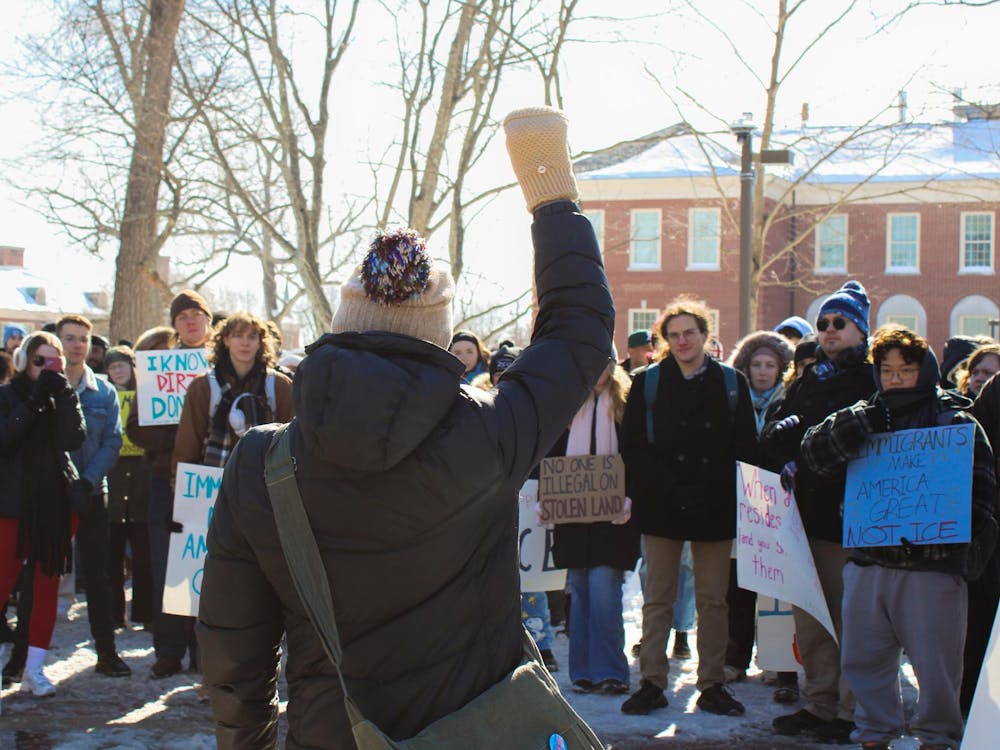Brittany Maynard, Creative Commons photo
By Greg Dick, dickgr@miamioh.edu
Last week this publication endorsed not once, but twice medically assisted suicide. First the paper reduced the issue to a simple thumbs-up graphic. Then in its next issue, The Miami Student went a step further - penning an editorial that applauds Brittany Maynard's decision to take her own life.
If you watch the interviews with Brittany or read her opinion piece on CNN its tough not to feel for her. She's a 29-year-old suffering from a rare and aggressive form of terminal brain cancer. Still that doesn't mean she is right to take her own life or that these laws should be praised and promoted.
For some context, Maynard chose to move to Oregon rather than live out the rest of her days in California, however many they may have been. In Oregon, medically assisted suicide is legal and on Nov. 1, she will take her own life with pills prescribed to her for just that purpose.
Ultimately helping people take their own lives is what "death with dignity" is all about. It's just "death with dignity" sounds a little nicer than saying assisted suicide. Drop the word "assisted" and you're still left with suicide. And that probably isn't something we want states or medical professionals promoting.
In fact we already have a suicide problem in the United States. According to the CDC, in 2011, the most recent year for which data is available, 39,518 people claimed their own lives and nearly a million more made unsuccessful attempts. Suicide is the tenth most common cause of death in the United States. The conversation doesn't need to focus on finding ways to increase those numbers with the help of physicians, it needs to be about lowering those numbers.
Still despite all of this, proponents of the laws will bend over backwards to call the practice anything but what it actually is - suicide. In fact, this newspaper went so far as to say that there is actually a difference between medically assisted suicide and as they may say, regular old-fashioned suicide.
"For someone without access to a Death with Dignity law, suicide is still an option. However, these laws provide a safe means of ending one's life with medical supervision rather than someone having to go under the table…"
The logic here is suspect at best. Suicide is still suicide regardless of whether or not someone has a prescription.
But that wasn't even the biggest problem that The Miami Student had with these laws. The staff was more worried that providing suicide pills to patients Alzheimer's disease could, "cause a lot of legal problems." It touches my heart to know this newspaper is so concerned about the backlog in our legal system. But what about the patient?
People with Alzheimers lead difficult lives for sure but with modern medicine, the disease can be slowed down and patients can have more time with loved ones. And all of this is to say nothing of the fact that just a month ago researchers at UCLA made a breakthrough in treating the disease.
Enjoy what you're reading?
Signup for our newsletter
Lastly, proponents of these laws forget medically assisted suicide runs counter to a very big idea, that God alone decides when life begins and ends. And I say this merely to point out that when supporters of these laws browbeat people who don't agree, there's a probably a pretty good reason they don't - faith. Faith might not be as trendy as it once was, but for a lot of people it's more comforting than a lethal pill.
One such individual for whom this is the case is Maggie Karner. In an essay for the Federalist, Karner wrote about her decision to live even though she too is battling a stage four glioblastoma multiforme brain tumor.
"I stopped worrying about being dignified quite some time ago," she said of her decision to live with dignity. "Instead, I prefer to get my dignity by appreciating the dear people who care for me with their individual expressions of love and prayers on my behalf."
And even closer to home is the story of Lauren Hill, a freshman basketball player at Mount St. Joseph University in Cincinnati. She too is suffering from an inoperable brain tumor, but rather than give up she is still living life despite only having weeks left. On Nov. 2, one day after Maynard will take her own life, Hill will play in her final basketball game. Originally scheduled for Nov. 15, the NCAA and the team moved up the start of the season so Hill could play one last game before passing away.
Ultimately, it is stories like Maggie Karner and Lauren Hill that should be promoted and praised. They remind us that life is sacred and absolute. They also remind us that life is more than just a biological state of being.
Hopefully, come Nov. 1 Maynard reconsiders. But in the meantime, let's hope this publication doesn't continue to ridicule the other 45 states who see things differently or those who still have faith.We should do all we can to prevent, not promote suicide.




